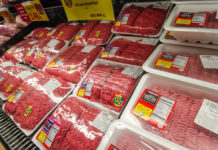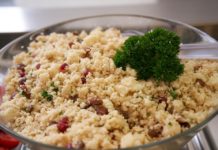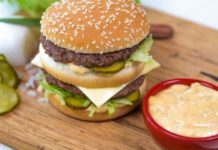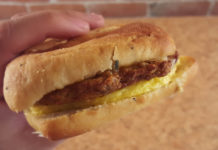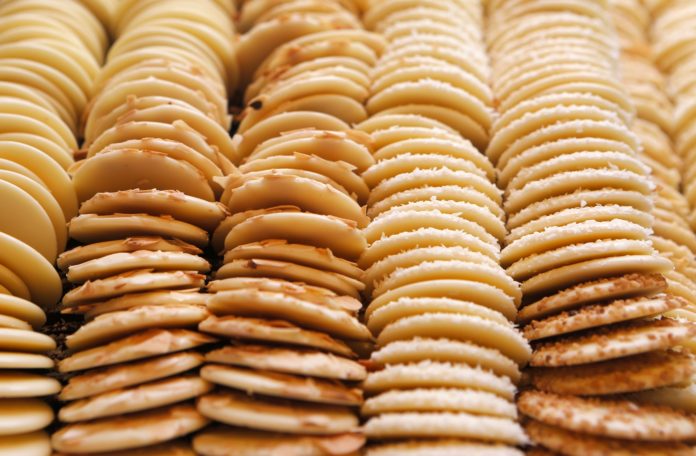Nowadays there is so much confusion over what is or isn’t healthy to eat. The following are 25 foods that are surprisingly bad for you—or at least, should only be consumed in moderation… Unless you have proper health insurance.
25. Sugar-Free Food
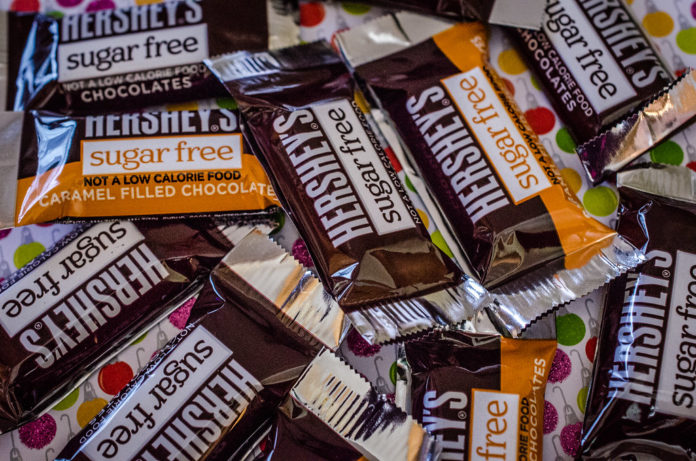
If something is labelled “sugar-free,” check whether it is artificially sweetened with aspartame, sucralose, or another similar trademarked product. Chemical sweeteners have been declared safe by the FDA, but questions remain as to their impact on health. Natural low-calorie sweeteners, such as stevia, are better although purchasing it is more expensive.
24. Couscous
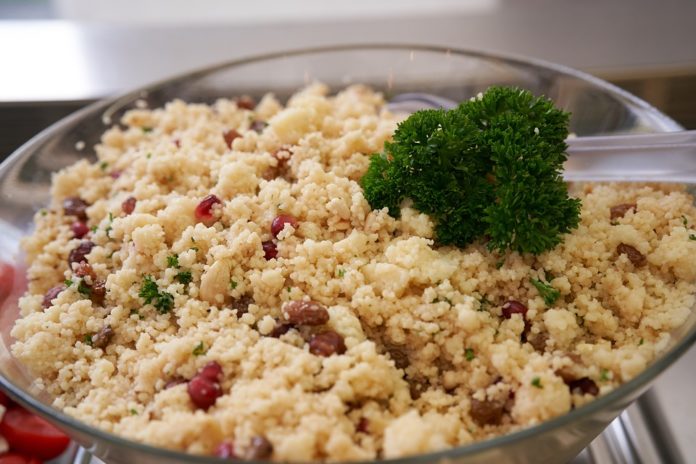
Although it looks and sounds like an exotic grain, couscous is really nothing more than tiny pieces of pasta, and white pasta at that. Quinoa does the job just as well, has more flavor, and is better for you. Sure, it is a greater investment, but that goes for both financially and in terms of your health.
23. Yogurt
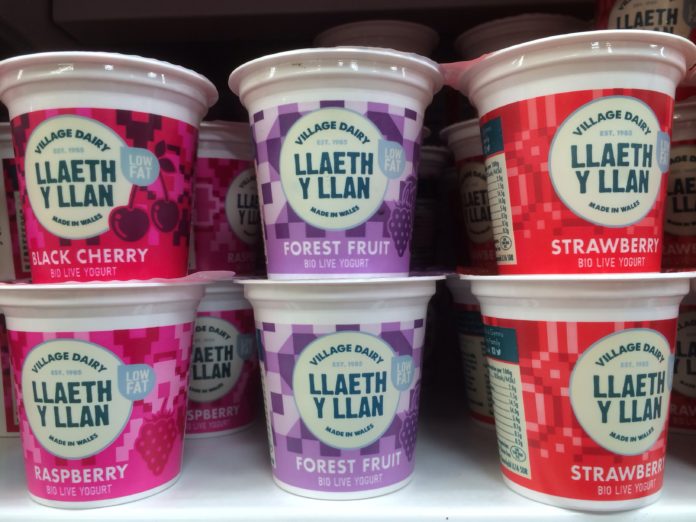
We’ve all heard the claim that yogurt is supposed to be very good for you. But most commercial yogurts aren’t “live,” meaning you don’t get the healthy bacteria for your gut, and moreover they are packed with sugar. Some of the worst culprits are yogurts with a lining of stewed fruit at the bottom.
22. Gluten-Free Foods
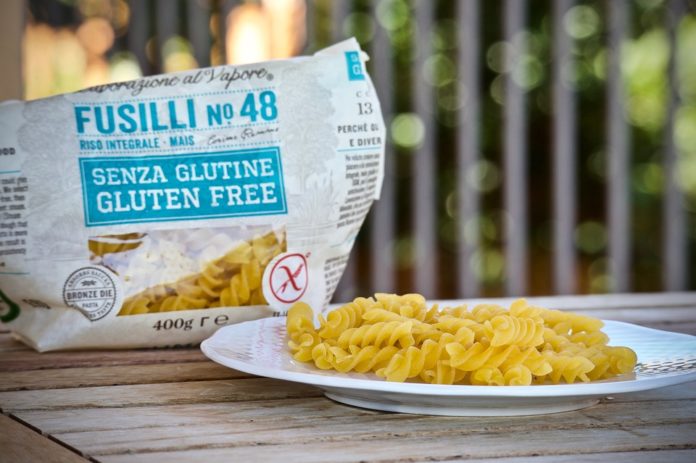
Gluten intolerance is a real thing, but most people who go gluten-free do so for the perceived health benefits. However, for the majority of us who aren’t gluten intolerant, gluten-free alternatives are generally a worse option, because they tend to be made with refined starches that are less nutritious than wheat. You may want to consult someone with a PhD in nutrition before going gluten-free.
21. Granola
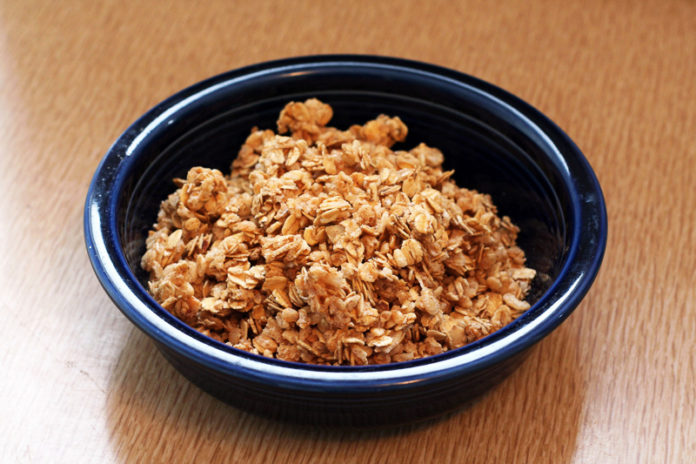
Whereas a full 71% of Americans are under the delusion that granola bars are healthy, just 28% of nutritionists agree with them.The main reason not to purchase them: refined sugar. Full of sugar and fat, granola bars are simply junk food with a healthy sounding name, and therefore shouldn’t be your go-to snack.
20. Sushi
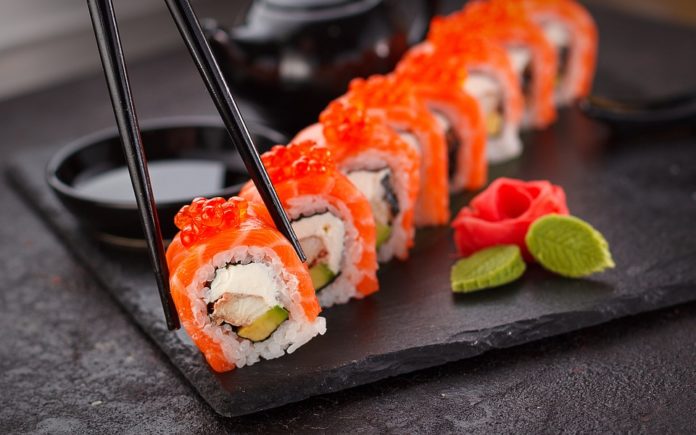
If you think of white rice as basically white bread, in terms of its effect on blood sugar, then a California roll isn’t much different to an imitation-crab-meat sandwich. The same goes for a spicy tuna roll, but with added full-fat mayonnaise. Dipping in soya sauce only makes matters worse, by pumping up the salt content (see below). Treat yourself to sushi form time to time, but don’t consider it healthy food or you might really need that health insurance.
19. Soy sauce
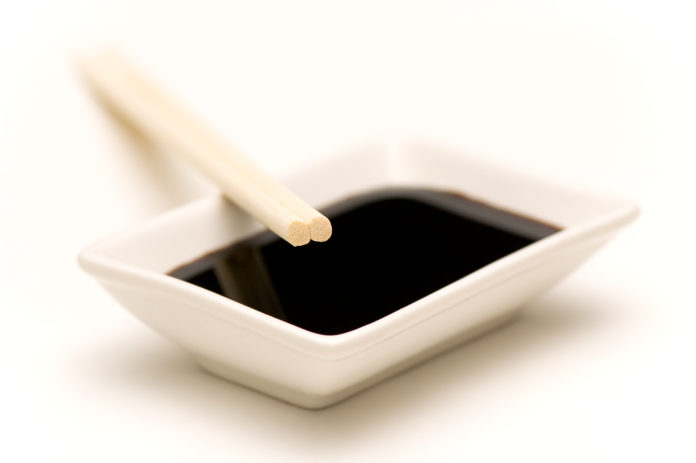
Soy sauce is a useful cooking ingredient for Asian meals, but be careful of using it as a condiment with your rice. The hefty dose of sodium can contribute to high blood pressure by causing your kidneys to retain water, which is then compounded by the fact that salty flavors make you feel thirstier. This is quite a vicious circle that could require treatment if you have kidney problems.
18. Microwave popcorn
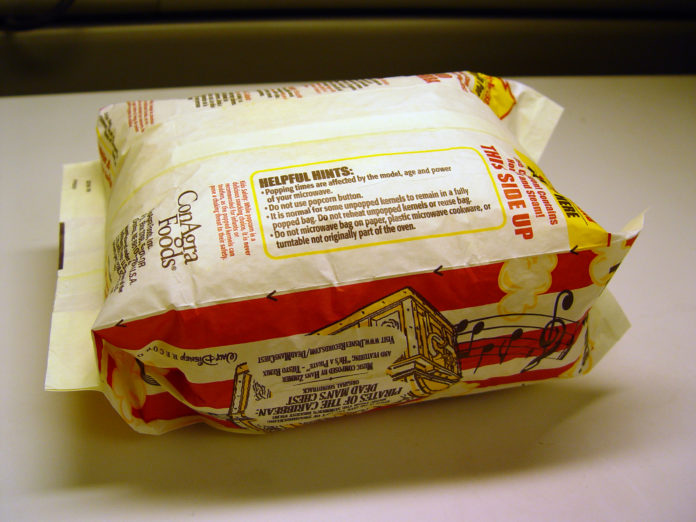
Corn seems harmless enough; indeed, it is full of healthy fiber. The problem is that popcorn tends to be served covered either in butter or sugar. Be especially wary of supermarket popcorn sold in microwaveable bags—this is often full of trans fats, a scientifically proven toxin. You might want to purchase bland kernels and season them yourself.
17. Farmed fish

We’ve all been told of the health benefits of eating fish, especially fatty ones like salmon or mackerel which are packed with heart-healthy omega-3 fatty acids. The fish market consists of two categories: farmed and wild-caught. Not only do farmed fish contain much less healthy fats, but they are also filled with chemicals and bacteria as a result of the farming process.
16. Peanut butter
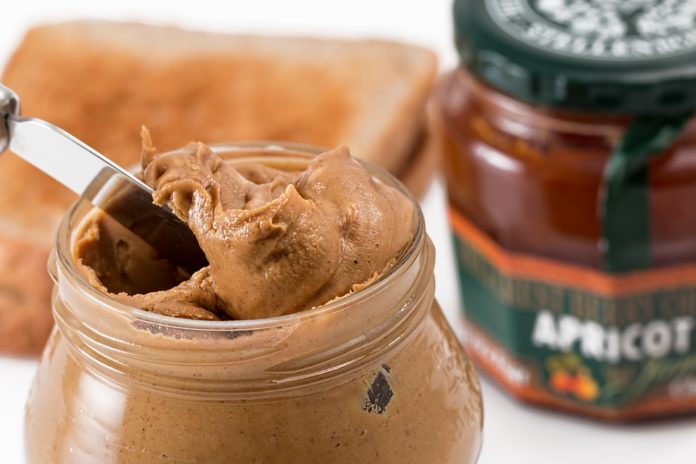
The peanut butter you’ve probably come to know and love, such as Jif, isn’t very healthy at all, being manufactured with added fats, sugar and salt. If you must eat nut butter, purchase a brand that only contains nuts and a little salt. The taste may take a bit of getting used to!
15. Most anything but water!
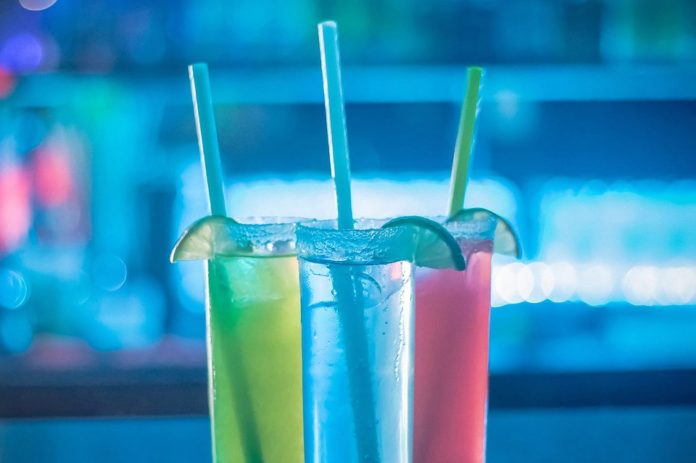
The key here is sugar: the majority of commercial “health” drinks, no matter how full of vitamins or antioxidants they may be, are also crammed with the sweet stuff. And no, “natural” sugars from fruit juice aren’t any better for you. Stick to water, with the occasional cup of unsweetened tea or coffee. Besides, it is free! You don’t even have to purchase it.
14. Packaged turkey
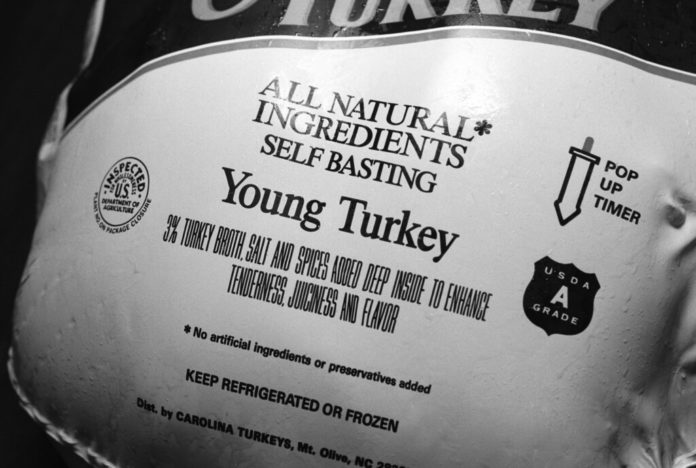
Packaged turkey falls foul due to its high salt content, with a single serving providing up to a third of your daily recommended sodium intake. If you can’t find a low-sodium brand when grocery shopping, cook your own turkey and slice it for sandwiches.
13. Protein shakes
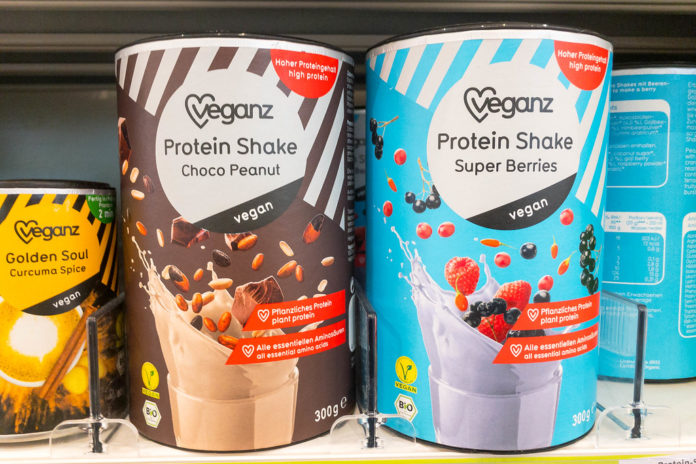
Most commercial protein shakes would be better described as milkshakes, given their high sugar content despite some claims. Even the sugar-free ones can thwart your diet: artificial sweeteners have been shown to likewise contribute to weight gain by reducing insulin sensitivity. Better to make your own shake, because then you know exactly what’s in it.
12. Veggie Burgers
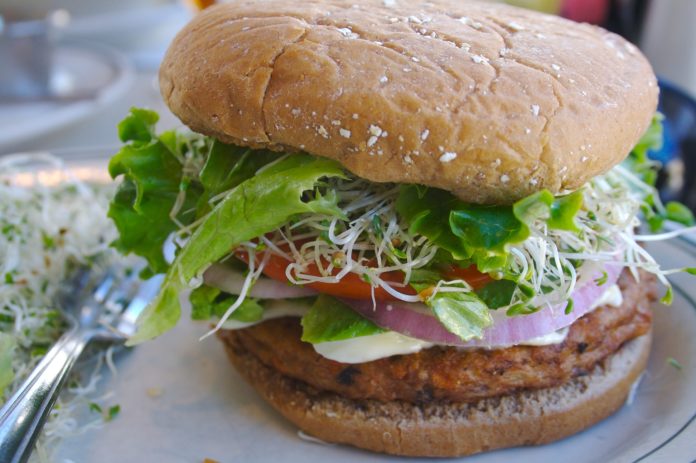
It’s not that switching out meat for alternative proteins is necessarily unhealthy; it’s that those supermarket veggie burgers tend to be packed with cheap, processed ingredients although people usually spend a lot of money on them… Best to make yours at home instead.
11. Almonds
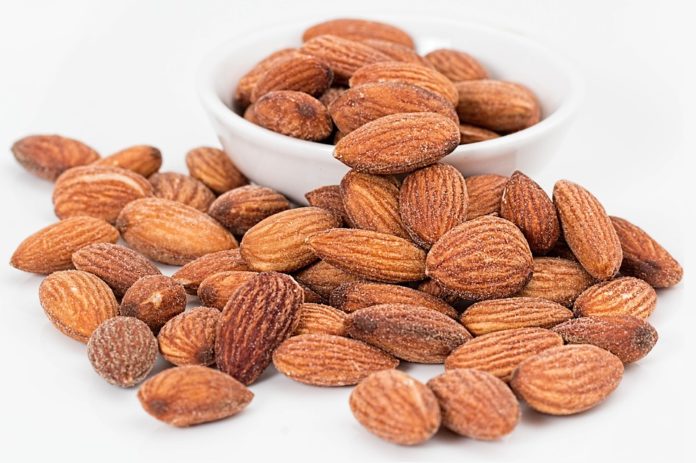
Almonds are nutritious, but they’re also calorie-rich. Just one cup of almonds provides over 600 calories, making it very easy to overeat if you choose them as your regular snack and spend a lot of time munching on them.
10. Veggie Chips
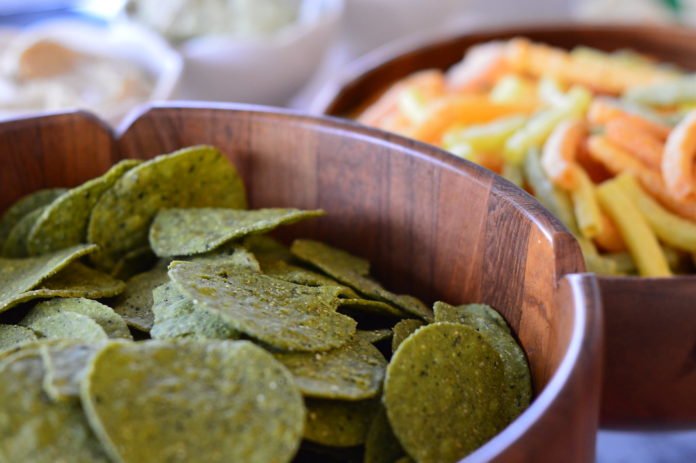
Once again, it’s the processing that makes an otherwise healthy ingredient bad for you. Businesses often market them as a healthy alternative when they really are not. Veggie chips are prepared with refined oils, buckets of salt, preservatives, and artificial colors, and the cooking process robs them of much of their nutrients anyway. You’re probably no worse off eating regular potato chips.
9. Smoothies
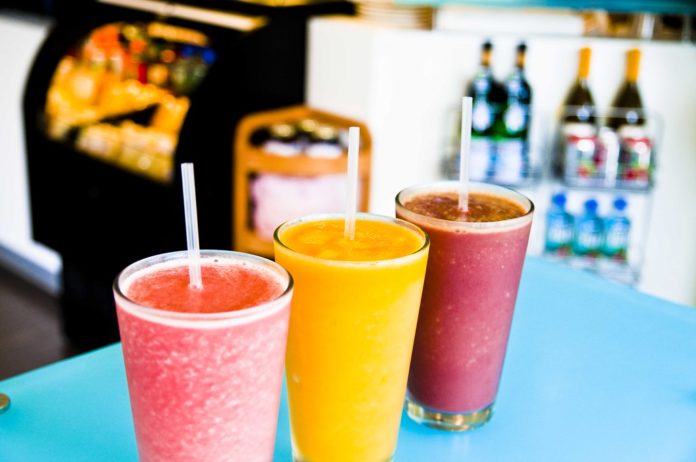
Smoothies are truly wolves in sheep’s clothing. Their main ingredients tend to be sugary yogurt and fruit juice, with only a minimum of actual blended fruit. And remember, as far as your body is concerned, fruit juice isn’t much different to Coca-Cola. If your smoothie tastes sweet, it’s probably bad for you. So buy the fruits, but eat them whole.
8. Bagel
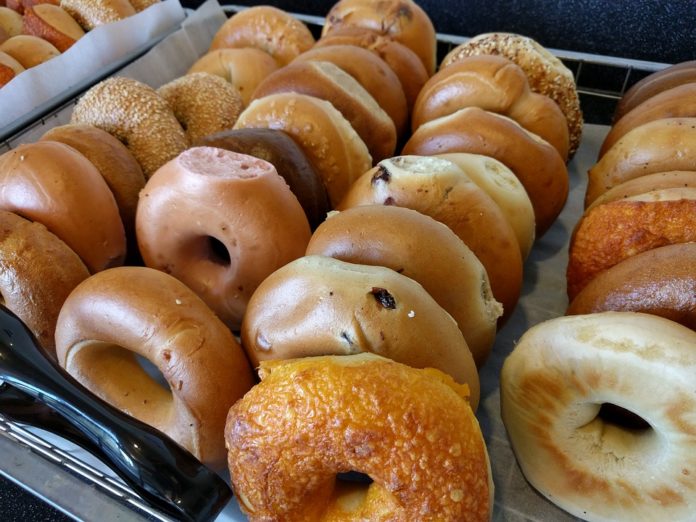
Many people love to start their day with a bagel thinking its a great way to get energy.. But they should think twice: these bombs of refined flour and salt cause blood sugar to skyrocket, resulting in hunger pangs by mid-morning.
7. Soy Milk
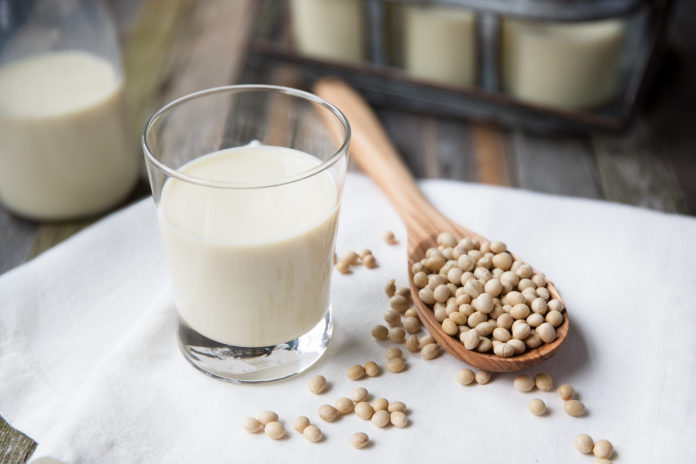
Believe it or not, regular milk is sweet already, containing natural sugar in the form of lactose. So, soy milks rely on added sugar to make themselves palatable as an alternative. Flavored soy milks contained more sugar yet, sometimes up to 19 grams per cup. Unsweetened soy milk is widely available, but it may taste bland to anyone who grew up on dairy products. But we encourage you to buy it and give it a try.
6. Multigrain Bread
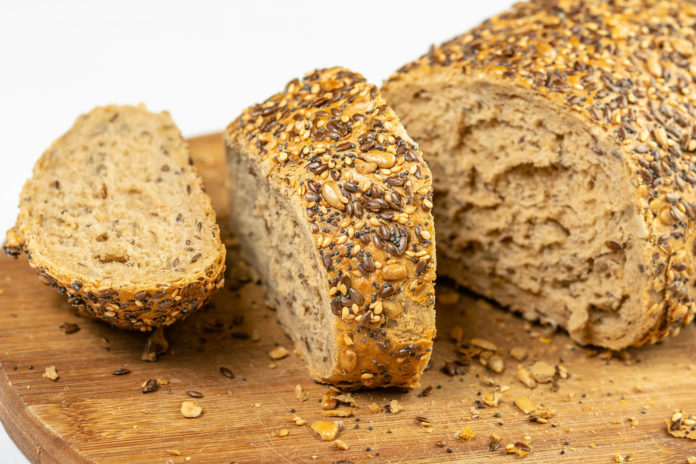
“Multigrain” is often used as an empty marketing ploy. Sure, the bread will contain various grains, but there is no guarantee that these won’t be refined, thereby causing a spike in your blood sugar and leading to further cravings and possibly driving you to purchase more unhealthy food… Look for “whole wheat” or “whole grain” bread instead.
5. Low-Fat Food
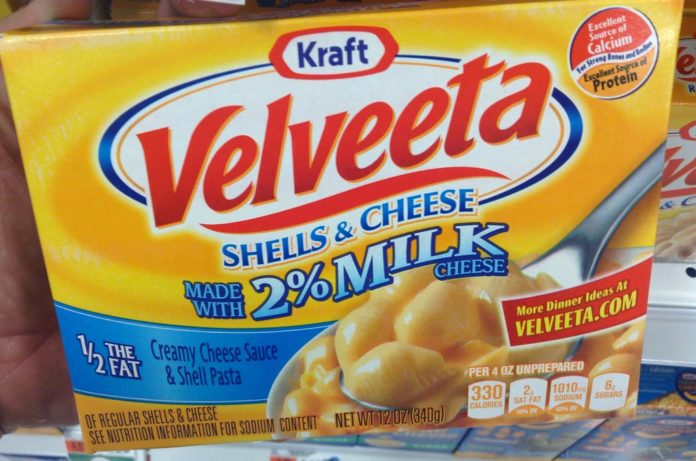
“Low fat” is often an unhealthy marketing ploy. A little bit of fat is good for us, and it satisfies hunger. Plus, low-fat foods tend to compensate for flavor with extra sugar and salt.
4. Coconut oil
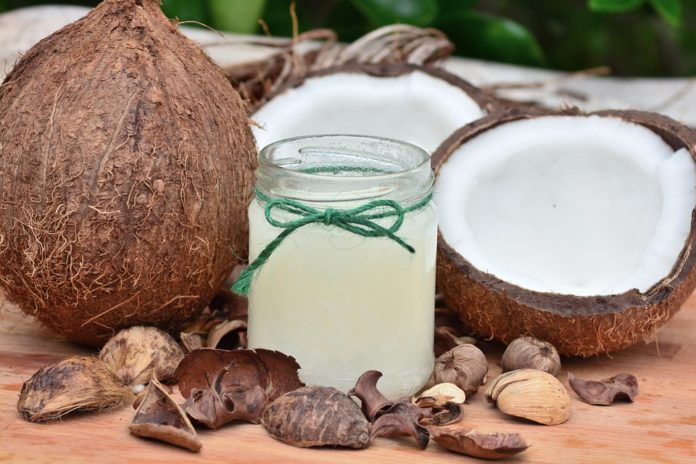
Coconut oil has been touted as an almost magical alternative fat. True, it is stable at high heat, has antibacterial properties, and the high saturated-fat content is less of a concern nowadays than in the past. But like any fat, coconut oil is very high in calories—slather it on, and you will quickly approach your daily limit. Better to use it as a hair or skin treatment.
3. Margarine
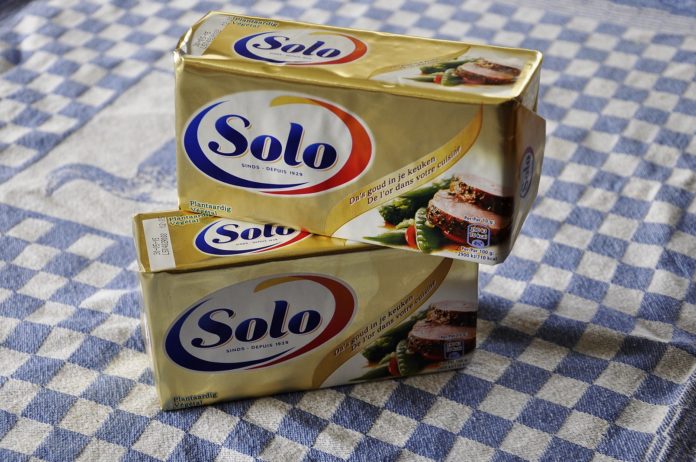
Though long advertised as a healthier alternative to butter, few still believe this to be true of margarine. When consumed in high quantities, especially in cooking, the polyunsaturated fats it contains have been proven to cause systemic inflammation which is bad, especially if you are in recovery.
2. White bread
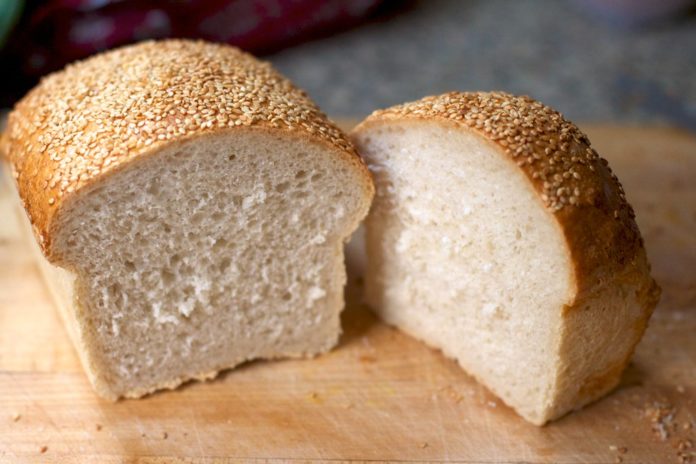
Virtually the only thing white bread delivers is calories; it contains minimal fiber and nutrients. Worse, its impact on blood sugar can encourage the onset of type 2 diabetes. Any adult who still favors white bread needs to seriously think about changing their eating habits the way they do their grocery shopping.












